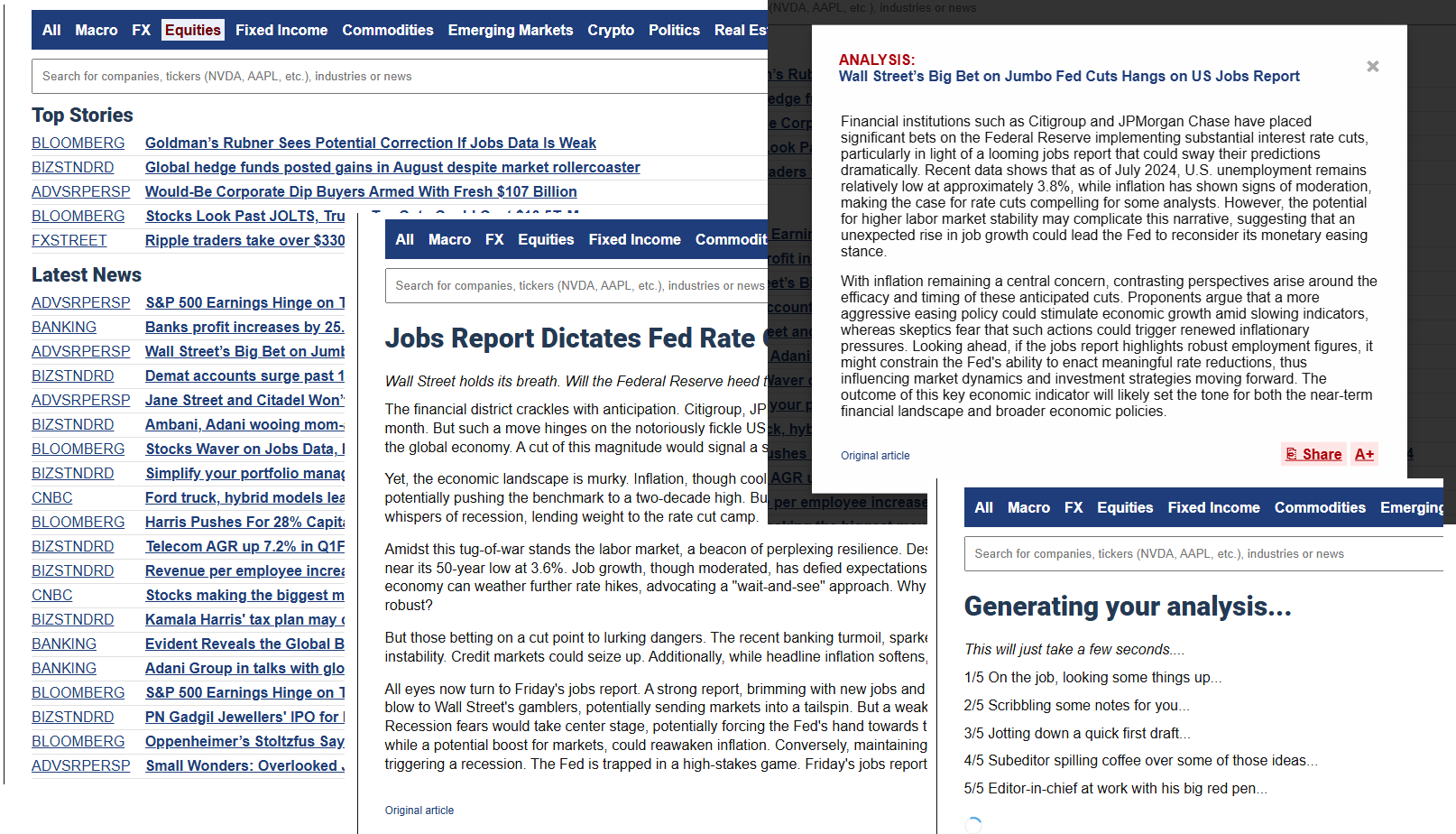AI Energy Demands Ignite Global Technological Revolution
The rapid evolution of artificial intelligence (AI) dominates global conversations, primarily focusing on the enormous energy requirements to sustain this transformative technology. As AI integrates deeper into various industries, tech giants grappling with rising energy demands are turning to innovative solutions. These developments are significant not just for functionality but also for their potential to revolutionize the global energy landscape and redefine geopolitical power. The proliferation of AI-driven technologies demands not only increased computational power but also improved efficiency and sustainability in energy consumption. With data centers anticipated to consume up to 3% of the world's electricity by 2030, the urgency for sustainable solutions is unprecedented. Tech companies are exploring clean energy alternatives such as nuclear power and advancing quantum computing to meet these needs. Nuclear energy offers a reliable option, providing high output with low emissions, whereas quantum computing promises an exponential increase in processing capabilities while minimizing energy use, potentially redefining computational paradigms. In the realm of international relations, these technological advancements are contributing to shifts in global power dynamics. China's integration of AI into military strategies exemplifies how nations leverage technological capabilities to gain geopolitical influence. With over a trillion dollars invested in AI development, China aims to eclipse the United States, intensifying the race for technological supremacy. This competition aligns with John Mearsheimer's analysis of current geopolitical tensions in regions like Gaza, Ukraine, and Lebanon, where technology intertwines with military and political power, impacting global stability. The banking sector tells a contrasting economic story amidst these technological advances. Faced with economic challenges, liquidity risks, and conservative lending, the sector struggles under the weight of global financial instability. Nigerian banks, borrowing substantially from their central bank, highlight the fragility lurking beneath technological progress and geopolitical struggle. This mix of technological innovation and economic tension portrays a complex global financial ecosystem where emerging technologies like cryptocurrencies add volatility. Assets like Sui (SUI) exemplify the speculative nature of digital currencies, reflecting their dual capacity to spur innovation while risking economic disruption. As cryptocurrencies integrate more deeply into financial systems, their impact could be significantly positive or destabilizing, influencing economic landscape intricacies. Meanwhile, the impending U.S. presidential election is set to be a pivotal moment for investors across sectors. The election outcome is expected to shape economic policies, regulatory landscapes, and international engagements, with substantial effects on AI development and deployment strategies. Market sensitivities to political shifts underscore the election as a potential determinant of future economic pathways. Environmental factors further complicate AI's energy dynamics as communities resist data center projects due to energy usage and sustainability concerns. These objections highlight the growing need for the AI sector to balance technological progress with ecological preservation, prompting a reconciliation of development with sustainability. Central to these ongoing global developments is the Federal Reserve's role. In an era of rapid technological transformation and evolving geopolitical landscapes, central banks balance economic policy navigation with the pressing need for financial stability and accurate interest rate management. The commitment of technology leaders, especially in big tech, to addressing AI's energy requirements mirrors a broader shift in global priorities, focusing on innovation and sustainable energy solutions. As the world moves forward, the fusion of technology with traditional power structures stands to redefine interactions on the global stage, heralding a future shaped by energy-efficient solutions, strategic geopolitical maneuvers, and groundbreaking innovations.
AI-Powered trading insights: join our email list
Real-Time Market Analysis
Get instant insights on market trends, news impact, and trading opportunities.

